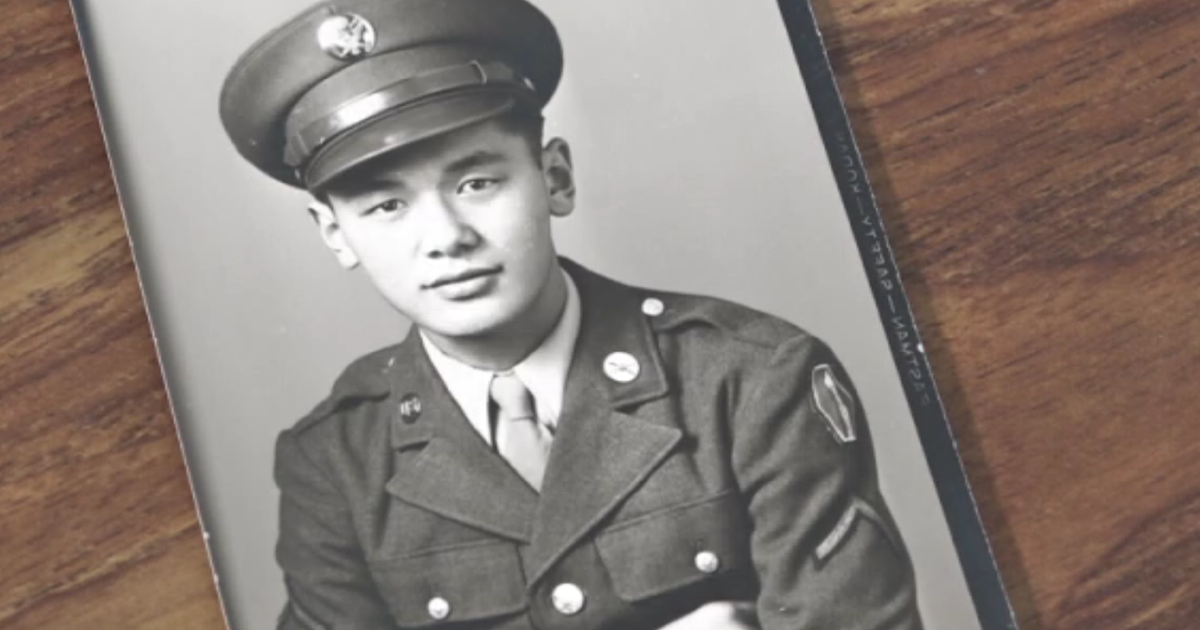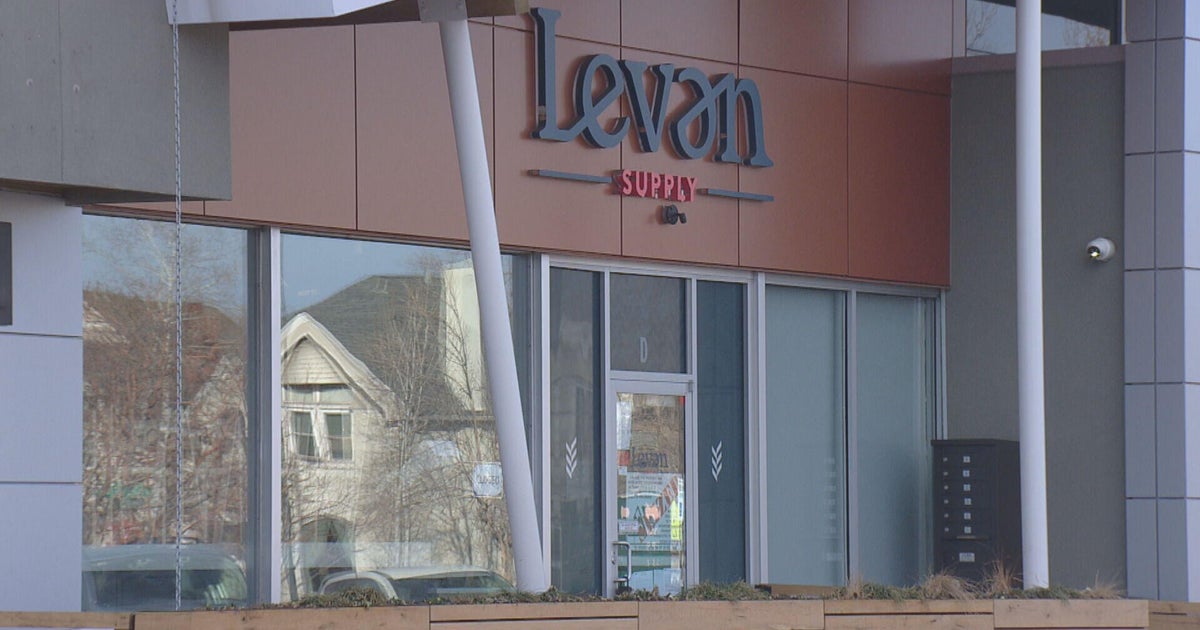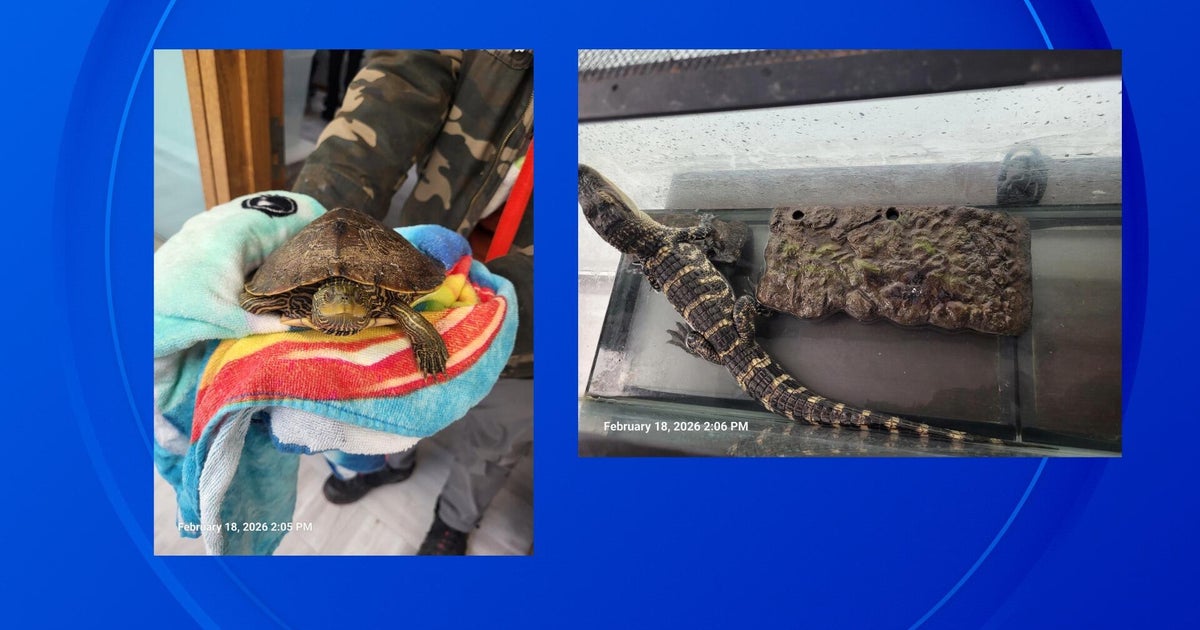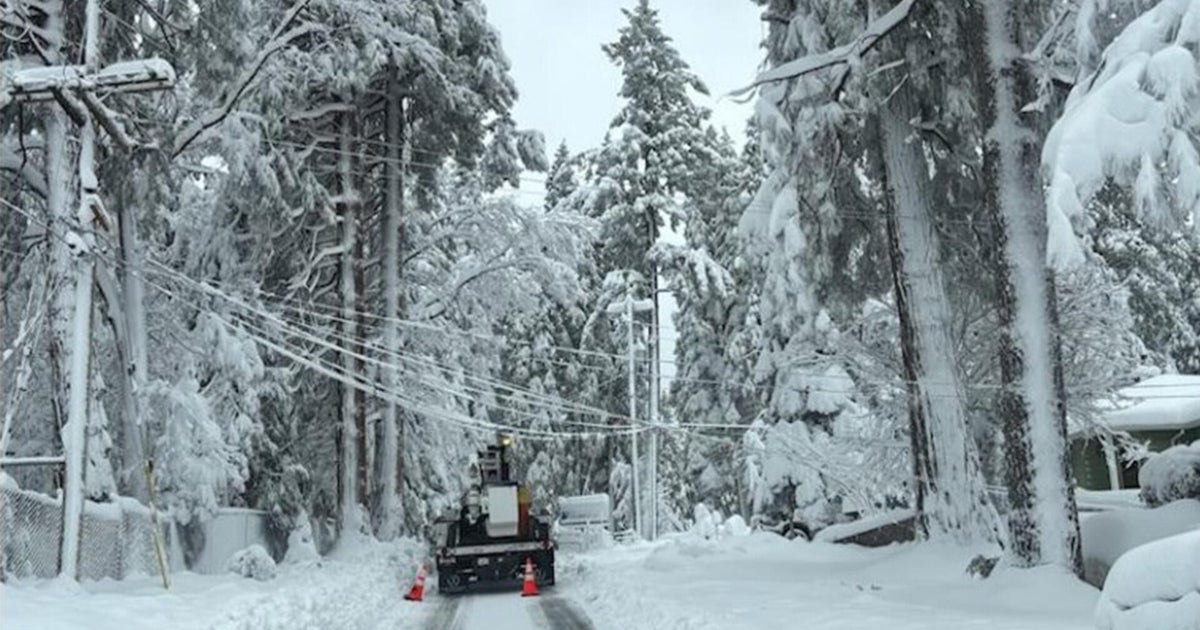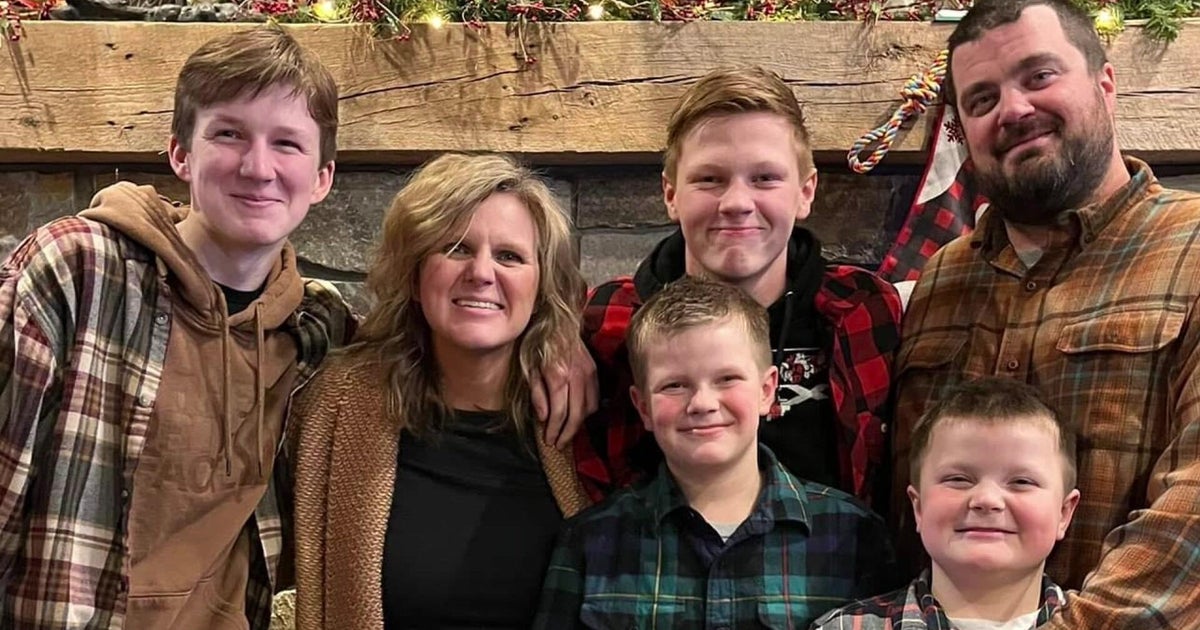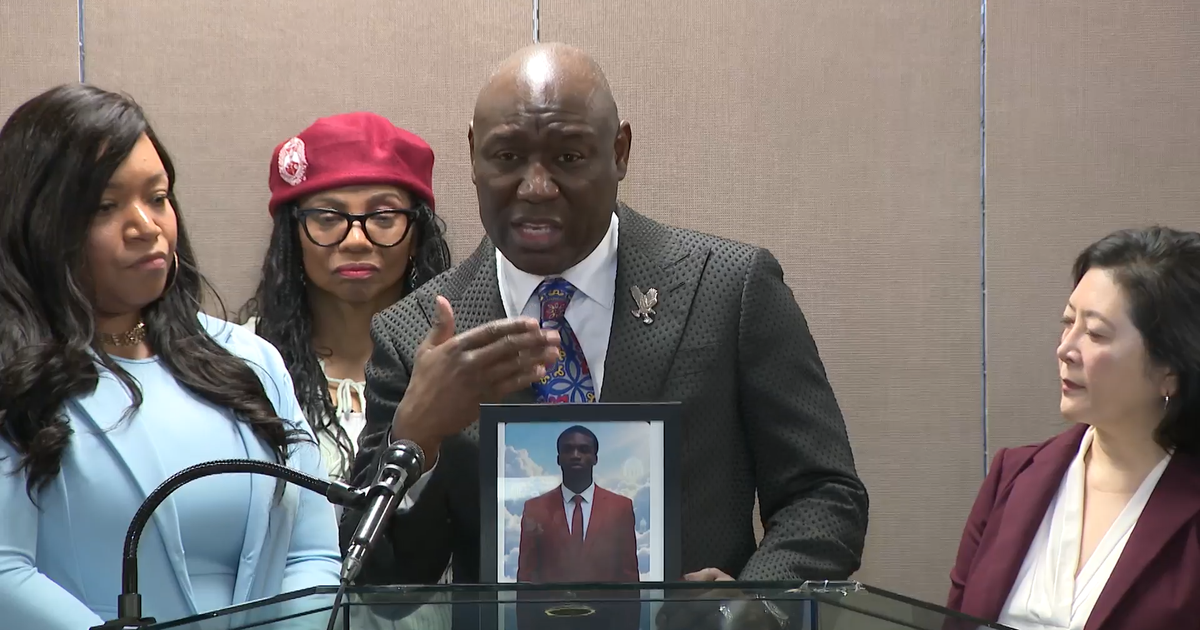Internment Camp Letters Found In Denver Building
DENVER (AP) - Some letters arriving from Japanese-American internment camps during World War II were very specific, asking for a certain brand of bath powder, cold cream or cough drops - but only the red ones. Others were just desperate for anything from the outside world.
"Please don't send back my check. Send me anything," one letter said from a California camp on April 19, 1943.
The letters, discovered recently during renovations at a former Denver pharmacy owned by Japanese-Americans, provide a glimpse into life in some of the ten camps where 110,000 those of Japanese ancestry, including U.S. citizens, from the West Coast were forced to live during the war.
They were written in English and in Japanese, expressing the kinds of mundane needs and wants of everyday life, such as medicine as well as condoms, cosmetics and candy.
About 250 letters and postcards, along with war-time advertisements and catalogs, came tumbling out of the wall at a historic brick building on the outskirts of downtown. The reason they were in the wall and how they got there is a mystery, particularly because other documents were out in the open.
The letters haven't been reviewed by experts, though the couple that found them has contacted the Japanese American National Museum in Los Angeles to gauge interest in the missives.
It wasn't unusual for internees to order items from mail order catalogs or from the many companies that placed ads in camp newspapers, selling everything from T-shirts to soy sauce, said Alisa Lynch, chief of interpretation at the Manzanar National Historic Site, which was the location of a camp south of Independence, Calif.
They earned up to $19 a month doing jobs at camps and some were able to bring money with them before they were interned, Lynch said.
The building where the documents were discovered had been vacant for seven years when Alissa and Mitch Williams bought it in 2010.
The T.K. Pharmacy was originally owned by Thomas Kobayashi, a native Coloradan of Japanese descent, but during the war it was run by his brother-in-law, Yutaka "Tak" Terasaki, who died in 2004, according to his younger brother, Sam Terasaki of Denver.
Sam Terasaki was in the service then and doesn't remember his brother talking about taking orders from internment camps. He said his brother may have gotten involved because of his longtime participation in the Japanese American Citizens' League, a national group dedicated to protecting Japanese-Americans' civil rights. He said his brother's wife worked as a secretary to Gov. Ralph Carr, who took the politically unpopular stand of welcoming Japanese-Americans to the state.
Some writers noted seeing ads for the pharmacy. One letter from a man who said he arrived at the Poston, Ariz., camp "half dead" addressed his letter directly to "Tak" and asked for chocolate. "I had to wait twenty hours in the middle of the desert at (illegible) Junction, no place to go, just wait," he wrote.
The other camps the letters came from included Heart Mountain in Wyoming, Gila River in Arizona, and others in McGehee, Ark., Topaz, Utah and Granada in southern Colorado.
Japanese-Americans who lived in Colorado and elsewhere in the interior West weren't interned.
The relatively small but stable Japanese-American community that began taking hold in Colorado in the 1880s provided a support network for those forcibly moved from California to the state camp, state historian Bill Convery said.
Internees at that camp were able to leave with permission and could visit Denver as well as a fish market near the camp opened by two men of Japanese ancestry. It was relocated to Denver after the war.
Convery said the pharmacy could have been one of the few Japanese-American owned pharmacies in the West, since business owners on the coast were interned. It could offer products favored by internees - who had one week to pack up two suitcases and sell any assets - and they might have felt more comfortable dealing with a Japanese-American-owned company, given tensions during the war.
Internees couldn't bring much to camp and they didn't know where they were headed or how long they'd be gone. "So as much as anything could soften the blow of that unimaginable situation, those businesses did what they could," Convery said.
Alissa Williams has been poring over the letters and wondering about the stories behind the polite orders, including one for diabetes medicine. Her grandmother, aunt and uncle suffer from the disease and she wondered what they would do without medicine. The mother of a 2-year-old, she also thought about how she would cope in such a camp.
"I can put myself in their place, they're having kids, they're sick and they can't get what they need," she said. "... But no one is complaining."
- By Colleen Slevin, AP Writer
(© Copyright 2012 The Associated Press. All Rights Reserved. This material may not be published, broadcast, rewritten or redistributed.)
